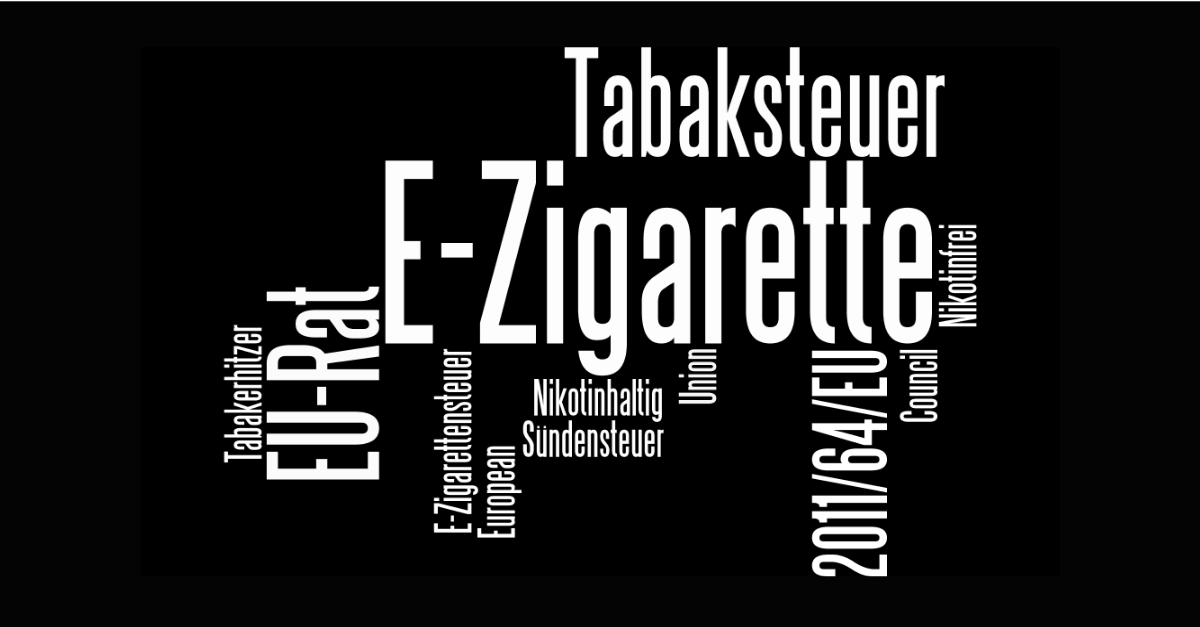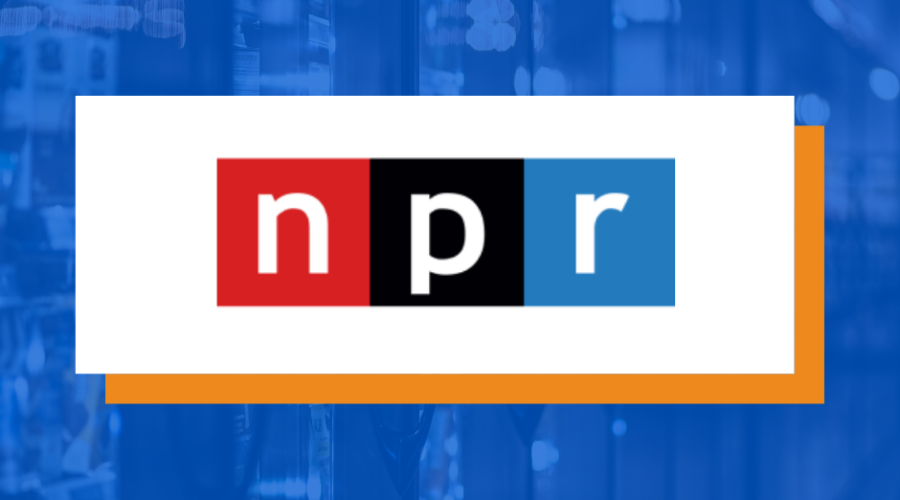So you think you know about black market trade? Here are some myths, debunked

KUALA LUMPUR, July 14 — The global trade in counterfeit and pirated goods is a thriving one, rising from US$461 billion (RM1.9 trillion) in 2013 to US$509 billion in 2016 according to the Organisation for Economic Co-operation and Development and European Union Intellectual Property Office.
A study commissioned by the Confederation of Malaysian Tobacco Manufacturers (CMTM) member companies showed that in Malaysia alone, the tobacco black market has grown over the last few years from 36.9 per cent in 2015 to 62.3 per cent in 2019.
At the same time, there is also a rise in counterfeit alcohol, medicine, luxury goods, consumer electronics and even face masks.
The Consumer Choice Center (CCC), a global consumer advocacy group, today urged Malaysian consumers to reject all black market goods.
“The black market is not just about tax losses to the government or infringement of intellectual property rights. It literally puts consumer health and safety in jeopardy,” said Fred Roeder, managing director of CCC.
“In order to stop the black market, consumers, policymakers and legitimate businesses must first understand what the black market is and is not about,” he added.
Myth No.1 – Consumers know that they are buying black market products.
Roeder said it is not easy to confirm if purchases are genuine, even when bought through trusted sources.
“The majority of online shoppers do not understand the levels of fraud on the internet, nor do they have the software to detect or avoid it. Most think they are just getting a good deal,” he said.
“In the case of illegal cigarettes, it is sometimes hard to tell as the packaging may look the same as the original, inclusive of fake tax stamps.”
Myth No.2 – Black market goods are mainly bought through ‘underground’ channels
“More and more consumers today are turning to online shopping. A ‘black market’ website looks the same as any other e-commerce platform. In fact, some popular e-commerce brands are also selling counterfeit or black market products,” Roeder said.
“Social distancing and the growth of digital currency are expected to drive the growth of counterfeit and illegal products as we move forward in the new normal.”
Myth No.3 – Only those in the low-income brackets buy black market products
“Black market trade happens at all levels of society. As the black market expands to cover more products, while becoming increasingly available ‘online’, a wider population regardless of age, income and location will be exposed to these products,” he said.
Myth No.4 – Consumers buy black market goods because they are cheaper.
“Price is a key factor, but not the only factor.
“Let’s take illegal cigarette trade as an example. The trade has mushroomed in Malaysia after a significant increase in excise duty in 2015.
“Back then, the market share of illegal cigarettes was around 30 per cent, but now it is 62 per cent.
“Clearly, consumers are gravitating towards illegal cigarettes that cost only RM4.50 as compared to RM10 of legitimate products.”
He added that convenience and easy access are also contributing factors. Malaysian law prohibits legitimate cigarettes from being sold online which helps to encourage consumers to turn to illegal cigarettes.
“As it can be easily purchased and paid for online… special couriers can deliver these products to their doorsteps,” he said.
To slow down or stop the spread of the black market in Malaysia, CCC advocates a multi-pronged approach involving all relevant stakeholders, from consumers to policymakers, government agencies to corporations.
“What is required immediately is enhanced policies and regulations that take into account current consumer purchasing behaviour and contemporary methods of distribution for perpetrators of black market products,” Roeder said.
CCC will be opening an office in Malaysia soon as part of its efforts to help the Malaysian government counter this growing problem.
“We hope to engage Malaysian consumers and policymakers through education, knowledge and intelligence sharing and positive advocacy to facilitate economic prosperity,” Roeder added.
Originally published here.
The Consumer Choice Center is the consumer advocacy group supporting lifestyle freedom, innovation, privacy, science, and consumer choice. The main policy areas we focus on are digital, mobility, lifestyle & consumer goods, and health & science.
The CCC represents consumers in over 100 countries across the globe. We closely monitor regulatory trends in Ottawa, Washington, Brussels, Geneva and other hotspots of regulation and inform and activate consumers to fight for #ConsumerChoice. Learn more at consumerchoicecenter.org













